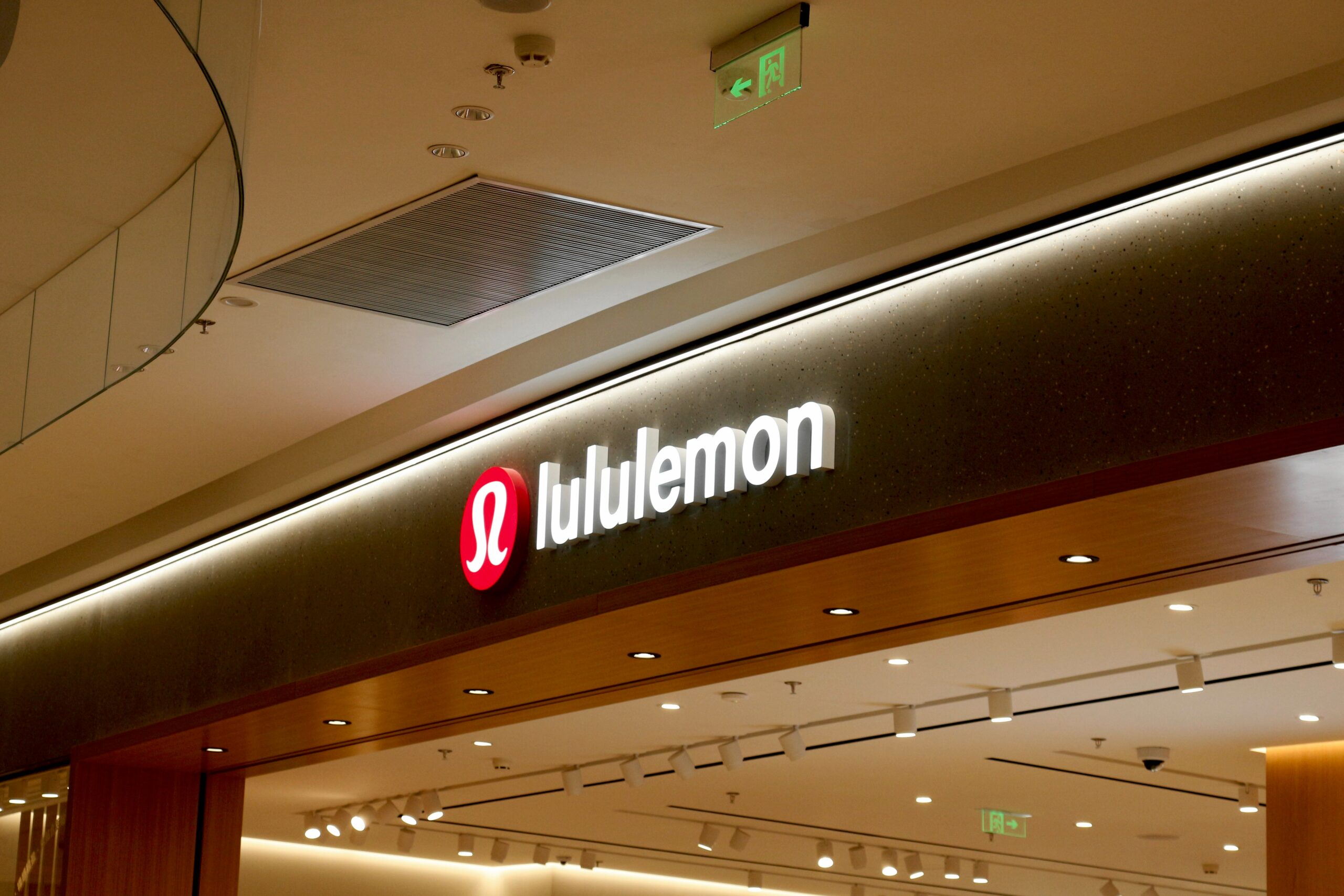Jeni’s Ice Cream Recall 2025: Nationwide Allergen Alert
By Ethan Brooks |

On November 17, 2025, in Columbus, Ohio, Jeni’s Splendid Ice Creams triggered a voluntary nationwide recall of its Passion Fruit Dreamsicle Ice Cream Bars after discovering undeclared wheat and soy allergens in a single batch, stemming from a manufacturing mishap that introduced a rogue crunch topping. This premium treat, beloved for its tropical twist on the classic dreamsicle, hit shelves at major retailers like Whole Foods, Target, and Publix, potentially endangering consumers with allergies amid a surge in food safety scrutiny. No illnesses have surfaced yet, but the incident spotlights vulnerabilities in high-end dessert production, where artisanal flair meets industrial scale. As families stock holiday freezers, this recall underscores the razor-thin margin between indulgence and risk in America’s $10 billion ice cream market.
Unpacking the Recall Details
Jeni’s moved swiftly to alert the FDA and consumers, classifying the action as Class III—low immediate health hazard but critical for allergen-sensitive individuals. The affected batch, coded 25-210 and boasting a best-by date of October 2026, packs three 3-ounce bars per carton, with UPC 850060644123. Distributed across grocery chains from coast to coast, these bars slipped through quality checks despite the company’s reputation for meticulous sourcing.
Pinpointing the Affected Batch
Only this precise lot faces scrutiny: Look for the batch code stamped boldly on the carton’s top edge. Flavors remain true to Jeni’s signature—creamy passion fruit sorbet swirled with vanilla ice cream, coated in white chocolate—but the hidden hitch is that pesky crunch from another product line, laced with wheat-derived graham crumbs and soy lecithin. Retailers have yanked shelves nationwide, from California’s BevMo to Florida’s Publix, ensuring no further sales.
The Manufacturing Slip: How It Happened
A simple line changeover error allowed the crunch topping—intended for a separate Jeni’s offering—to mingle with the Dreamsicle coating. This cross-contamination evaded initial tests, only surfacing post-production. Jeni’s CEO John Lowe called it “an isolated oversight in our otherwise rigorous process,” vowing enhanced protocols. The FDA’s recall notice echoes this, noting no other products or batches are implicated, a small mercy in an otherwise sticky situation.
These details paint a contained crisis, yet they ripple into larger questions about oversight in boutique brands chasing mass appeal.
Allergen Recalls in the Ice Cream Aisle
Ice cream recalls aren’t novelties; they’ve dotted the sector since the 1990s, when Listeria outbreaks in Blue Bell Creameries hospitalized dozens in 2015, costing $175 million in settlements. Jeni’s own brush with fame came in 2015, when Listeria forced a total shutdown and pivot to cleaner facilities, rebuilding trust through transparency. Fast-forward to 2025: Undeclared allergens now dominate, comprising 57% of FDA food recalls year-to-date, up from 49% in 2023, per food safety experts.
Echoes from Premium Brand Blunders
Häagen-Dazs faced a similar wheat undeclared recall just weeks prior in November 2025 for its Chocolate Dark Chocolate Mini Bars, highlighting a pattern in coated novelties. These aren’t rogue acts but symptoms of scaled-up artisan ops, where small-batch innovation clashes with volume demands. The 2023 FASTER Act, mandating sesame labeling, has amplified detections, turning minor slips into major headlines.
Surge in Allergen Scrutiny
Consumer advocacy groups like the Celiac Disease Foundation flagged Jeni’s promptly, with one post noting a complaint from an “allergen-sensitive consumer” post-consumption discomfort. This era’s hyper-vigilance—fueled by apps like FDA’s recall tracker—means brands like Jeni’s, with 50 scoops across 20 states, must navigate fame’s double edge: Adoring fans versus amplified errors.
History tempers alarm with progress; each recall refines the recipe for safer sweets, but execution remains the true test.
Company Response: Safeguarding Sweet Tooths
Jeni’s leaned into accountability, posting a dedicated recall page on its site by November 18, complete with batch photos and a hotline staffed through the holidays. “Out of an abundance of caution,” the company stated, emphasizing no confirmed reactions but prioritizing prevention. Refunds flow seamlessly: Return unopened cartons to any retailer for full credit, or ship directly to Jeni’s for reimbursement plus a complimentary pint— a nod to loyalty amid the letdown.
Swift Logistics and Transparency Moves
By November 20, over 90% of distributed units were recovered, per internal tallies shared with the FDA. Jeni’s paused Dreamsicle production, auditing lines for similar risks, and dispatched emails to 500,000 subscribers detailing the issue. This proactive stance contrasts with slower responses in past scandals, like the 2022 KIND bar nut mislabeling that dragged months.
Support for Affected Consumers
Allergy sufferers get priority: Call 614-488-3224 (9 a.m.–5 p.m. ET weekdays) or email [email protected] for guidance. The company pledged donations to Food Allergy Research & Education (FARE), underscoring a commitment beyond compliance. Dr. Lily Yang of The Acheson Group praised this as “textbook crisis management,” blending empathy with efficiency to preserve Jeni’s 4.8-star Yelp halo.
Such measures not only contain damage but build resilience, turning a sour note into a symphony of trust restoration.
Navigating Allergen Minefields
The real sting lies in potential harm: Wheat and soy trigger anaphylaxis in severe cases, with symptoms from hives to throat swelling striking within minutes. Though no illnesses tie to this batch, the CDC logs 200,000 annual emergency visits from food allergens, a stark reminder for the 32 million Americans affected. Vulnerable groups—kids with celiac or adults on strict soy-free regimens—face heightened stakes during Thanksgiving prep.
Decoding the Health Hazards
Exposure risks escalate for the undiagnosed; a single bar’s 5 grams of undeclared wheat could spark gluten intolerance flares. Soy’s hidden lecithin, often overlooked, compounds issues for those with thyroid sensitivities. Experts urge immediate disposal: “Better safe than sorry,” advises the FDA, as cross-reactions amplify dangers in multi-allergen homes.
Exposing Industry-Wide Vulnerabilities
This recall spotlights manufacturing chokepoints: Shared equipment in facilities churning 1,000 pints hourly invites errors, with costs soaring to $10 million per incident in logistics alone. The 2024 industry tab hit $1.92 billion, per PIRG, as premium labels like Jeni’s grapple with growth—sales up 25% since 2023—without proportional safeguards. Regulatory lags compound this; while the FASTER Act bolsters labels, enforcement trails innovation.
These hurdles demand more than Band-Aids; they call for systemic overhauls in an aisle where delight dances with danger.
Public Reactions and Market Ripples
News of the recall zipped through social feeds, blending concern with wry humor. On X, one user quipped, “Jeni’s Dreamsicle recall? My allergy to regret just got triggered—time to hoard the safe scoops,” capturing a mix of frustration and fandom. Another vented, “Undeclared wheat in ice cream? As a celiac, this is why I triple-check labels; brands, step up!” reflecting raw consumer wariness.
Social Media’s Echo Chamber
Threads exploded with #JenisRecall tips, from freezer audits to dupes like Talenti’s sorbets. Health departments amplified alerts—Rhode Island’s posted batch visuals, garnering 200 shares—while influencers dissected the “crunch catastrophe.” Positive spins emerged too: “Props to Jeni’s for owning it fast; loyalty intact,” one fan noted, buoying sentiment.
Economic Aftershocks
Jeni’s parent stock, if public, might dip 1-2% short-term, but analysts eye minimal long-haul hit given the brand’s $100 million revenue base. Rivals like Ben & Jerry’s saw query spikes, per Google Trends, as shoppers pivot. Broader retail? Grocery chains report negligible returns, but the episode fuels calls for on-shelf scanners, potentially reshaping $2 billion in annual ice cream sales.
These voices and vibrations reveal a public poised for accountability, where one errant topping tests a titan.
Forging Safer Indulgences
By mid-2026, Jeni’s aims to roll out AI-monitored lines, slashing cross-contam risks by 40%, per beta tests. Industry-wide, expect tighter FDA audits and blockchain tracing for allergens, curbing the 57% recall uptick. For consumers, this means empowered choices: Apps like Yuka now flag batches in real-time, while brands bake in “allergy blueprints” on packaging.
Yet challenges persist—scaling safety without spiking prices, ensuring rural access to recalls. Success stories, like Blue Bell’s Listeria rebound, hint at redemption: Jeni’s could emerge stronger, its Dreamsicle reborn sans secrets. Ultimately, this recall reframes dessert as a deliberate delight, where vigilance sweetens the scoop for all.
Stay ahead of food safety shifts with our free downloadable guide to allergen recalls and label decoding—grab it now to protect your pantry this holiday season.




